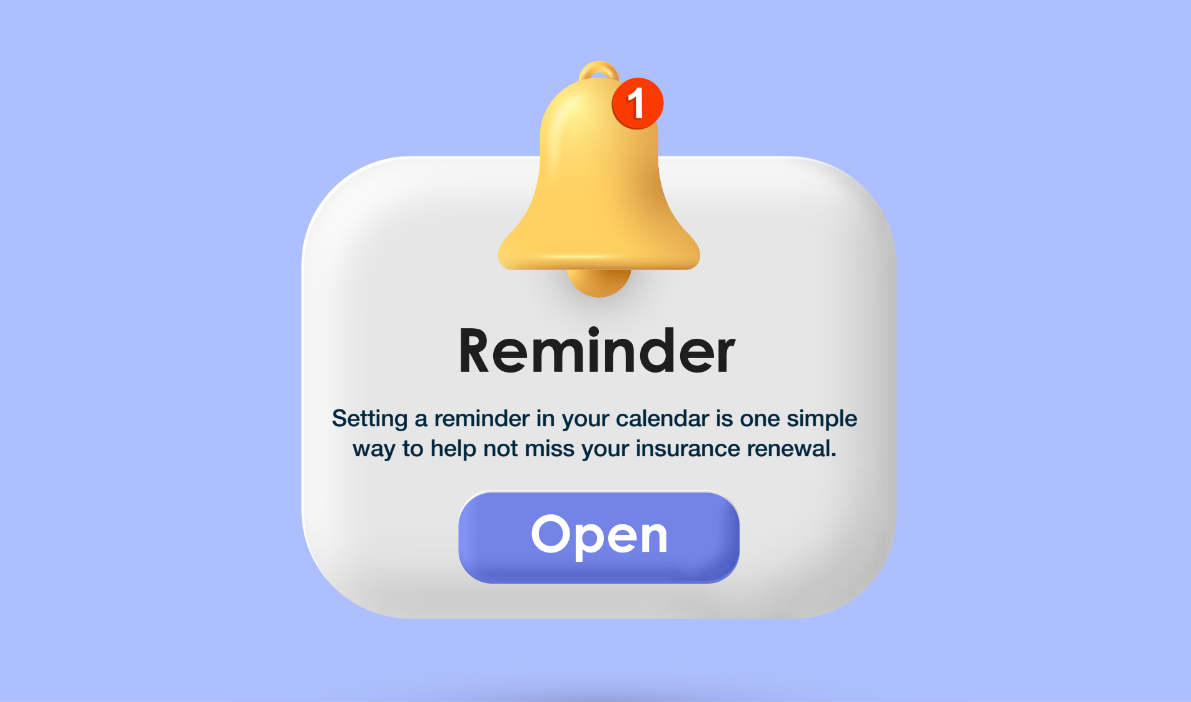While making your way through emails one evening, you come across one from Ahpra (Australian Health Practitioner Regulation Agency). It informs you that they’ve received a notification about you from one of your patients, alleging your treatment has caused harm. You’re shocked and confused; this has never happened to you before. You immediately notify Guild Insurance, knowing they’re there to support you during moments like this. However, the situation becomes more concerning when Guild informs you that your policy lapsed five months earlier.
Could this happen to you? It’s easy to think not. However, Guild Insurance has noticed a worrying trend of practitioners failing to maintain instalment payments during the policy period, or to renew their policy.
Ahpra’s registration standards
Being covered by a professional indemnity insurance (PII) policy is a registration standard for all health professionals registered with Ahpra. This means that every practitioner must be covered by either their own PII policy or a third party arrangement. Section 129 of the Health Practitioner Regulation National Law states that:
“A registered health practitioner must not practise the health profession in which the practitioner is registered unless appropriate professional indemnity insurance arrangements are in force in relation to the practitioner’s practice of the profession.”
Section 130 of the National law details relevant events where, if they occur, a practitioner is required to notify their relevant Board within seven days after becoming aware of the event. PII arrangements no longer being in place is one of these events.
It’s recommended that all practitioners review their Board’s Professional Indemnity Insurance Registration Standard which can be found on the Ahpra website: www.ahpra.gov.au.
Implications of having no PII
No cover for an investigation or complaint
Most PII policies provide cover on a claims-made basis. This means that, regardless of when the alleged event occurs, if the practitioner doesn’t have a policy at the time they become aware of the complaint, they won’t be covered for that claim. Without a PII policy, the practitioner won’t have the support of a claims manager or lawyer, instead having to respond to the claim or complaint themselves, or pay a lawyer to do this for them. By not having a PII policy, this would also mean the practitioner has to self-fund any compensation payable to the patient, which can be quite costly.
Breach of professional requirements
As already mentioned, not being covered by a PII policy is a breach of Ahpra’s registration standards. Further to this, it can lead to practitioners making a false declaration at the time of registration renewal. At renewal, practitioners are asked to declare that they won’t practice without PII. If they continue practicing when there’s no longer a PII policy in place, this may mean they’ve made a false declaration. There are possible registration consequences for practicing without PII. This can include conditions placed on the registration, refusal of an application for registration renewal or suspension of registration.
What can be done to prevent this?
The team at Guild do all they can to make customers aware when their policy is due for renewal, or if the policy is going to be lapsed or cancelled due to non-payment of the premium. However, ultimately, the responsibility for maintaining PII cover sits with each individual practitioner.
PolicyHub – Guild Insurance has an online self-service platform called PolicyHub where customers can access their insurance information. If you aren’t sure when you last paid your insurance premiums and you want to check when it’s due, logging onto PolicyHub is an easy way to keep yourself informed. This can be accessed via Guild’s website – guildinsurance.com.au/policyhub.
Reliance on a third party – if a practitioner doesn’t hold their own PII policy and is instead covered by a third party’s policy (e.g. your employer’s), this doesn’t mean the practitioner isn’t responsible for ensuring they’re appropriately covered. Practitioners should discuss the policy with the third party to ensure, first and foremost, that they have a policy, but also that the level of cover is appropriate for the practitioner’s requirements.
Set reminders – a common explanation for not maintaining insurance is that the practitioner has a poorly-managed inbox and doesn’t stay up-to-date with reading emails, meaning some are missed. If this might happen to you, think about how else you can be sure you won’t miss that renewal date. Setting a reminder in a calendar is one simple way to do this.
Setting a reminder in your calendar is one simple way to help not miss your insurance renewal.
Download PDF Here

Don’t go it alone
guildinsurance.com.au